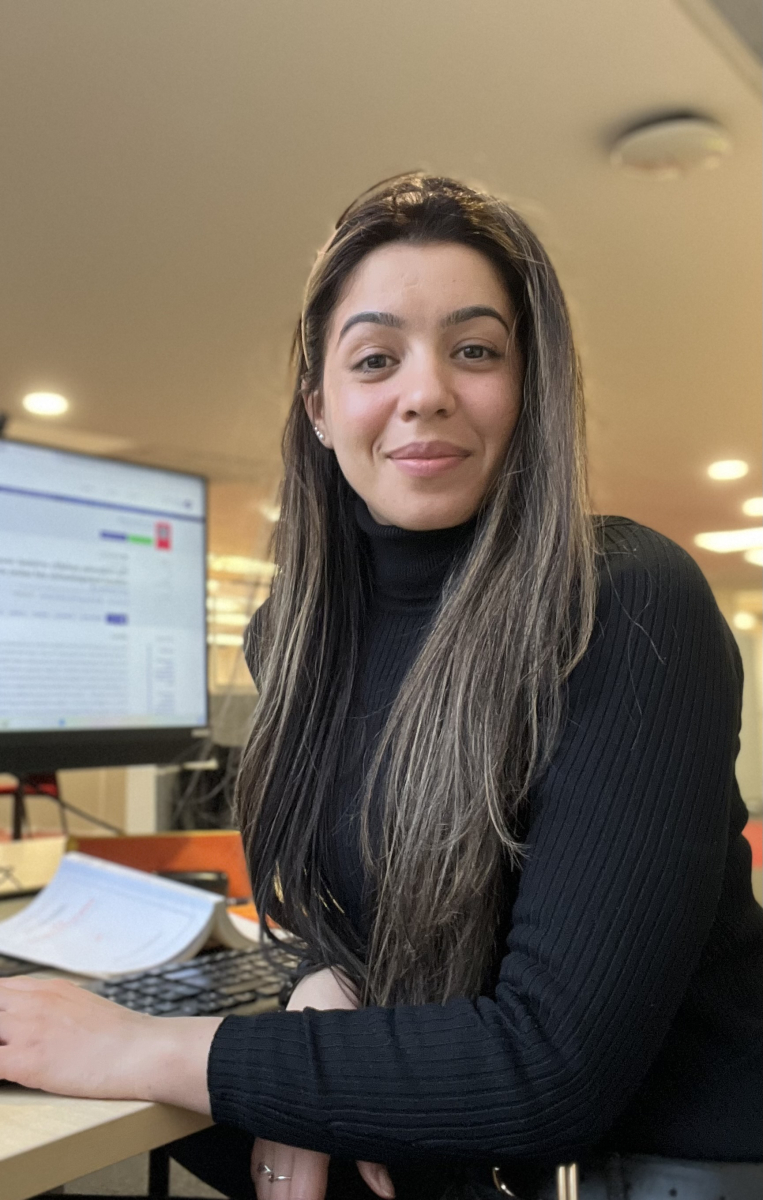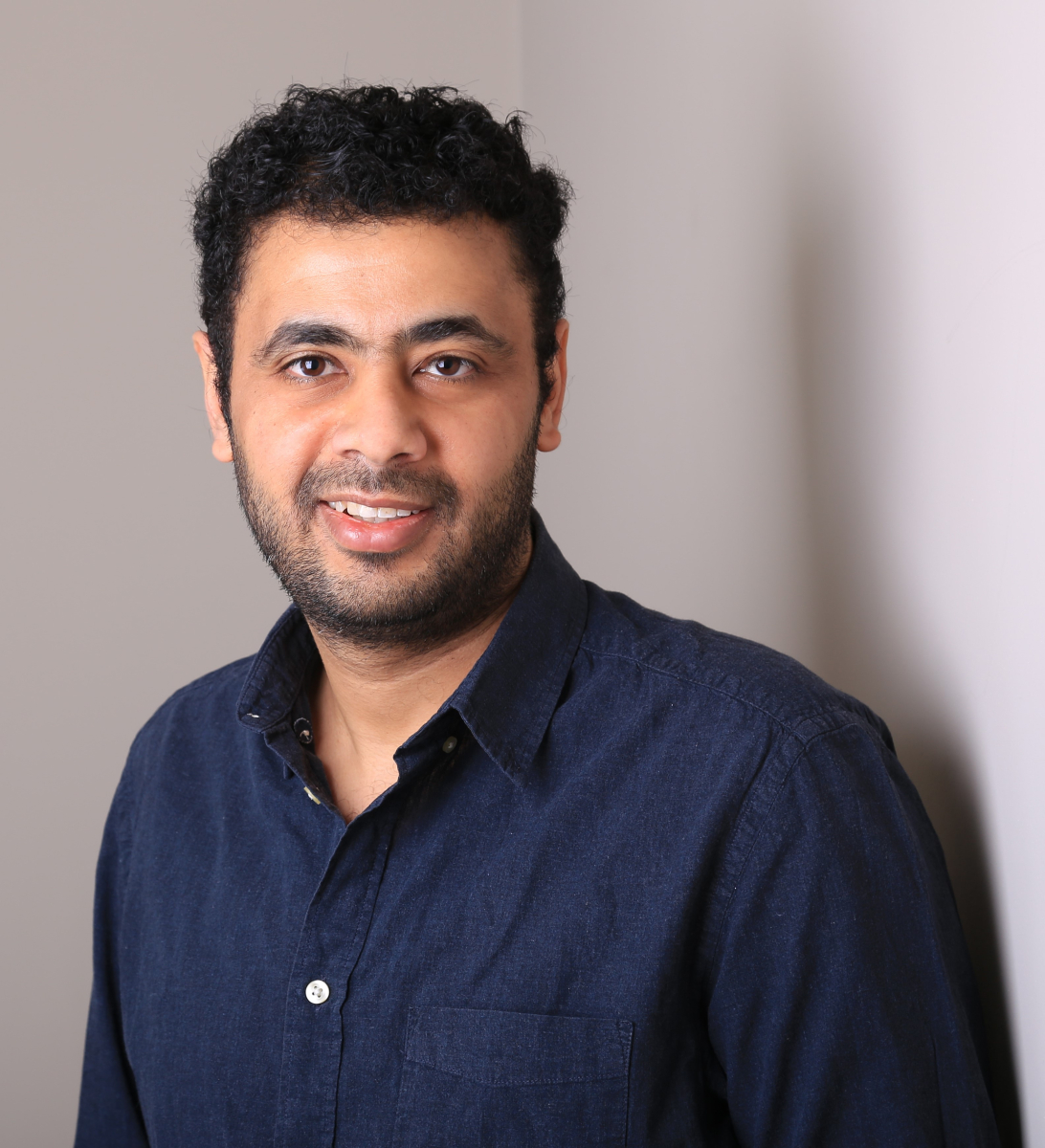Migration dynamics within North Africa have historically remained peripheral in both scholarly inquiry and policy discourse. Much of the existing literature has overwhelmingly centred on the Euro-Mediterranean migration corridor, reinforcing a Eurocentric paradigm that casts the Central Maghreb (Algeria, Tunisia, and Morocco) primarily as a transit zone en route to Europe. This framing has obscured the intricacies and localised realities of migration in the region. In response, the Maghreb Action on Displacement and Rights (MADAR) project, led by Professor Mariangela Palladino at Keele University, seeks to address this epistemic gap by adopting a regional, interdisciplinary, cross-sector, and participatory approach that is rooted in the lived experiences of migrants within the Central Maghreb.
This blog aims to critically reflect on the conceptual, methodological, and empirical contributions of the MADAR project. Drawing on an in-depth interview, we conducted with Professor Palladino, it explores how MADAR challenges dominant migration narratives, foregrounds the lived experiences of migrants, and innovates through creative and collaborative methodologies. The core argument of this blog is that MADAR offers a transformative model for migration research; one that reorients scholarly inquiry away from securitised and state-centric paradigms towards a more inclusive, human-centred, and decolonial understanding of mobility in North Africa.
Conceptualising MADAR: A Regional and Interdisciplinary Approach
The genesis of MADAR can be traced to earlier research focused on Morocco, which underscored the country’s strategic position within intra-African migration flows. Recognising the limitations of a singular national lens, MADAR expanded to include Algeria and Tunisia, thereby adopting a regionally integrated perspective. This shift reflected an understanding that while the Central Maghreb countries share certain geographical and socio-political traits, their migration governance structures and policy landscapes remain distinct and context-specific. MADAR’s interdisciplinary approach is particularly noteworthy. It brings together insights from the humanities, the social sciences, and the arts to generate a more holistic view of migration. Crucially, this framework allowed the project to move beyond traditional academic boundaries and engage with civil society organisations, policymakers, and migrant communities themselves. In doing so, MADAR challenges the dichotomy often drawn between academic research and activist practice, instead advocating for a model of knowledge production that is both rigorous and socially engaged.
Creative Methodologies as Epistemological Tools
One of MADAR’s most innovative contributions lies in its integration of artistic and creative methodologies. Far from serving merely as tools for dissemination, these methods were positioned as epistemologically significant. Through photography, film, literature, and other artistic media, MADAR researchers engaged participants and explored aspects of migration that are often elided in quantitative or interview-based approaches. As Professor Palladino noted in our interview, many migratory experiences defy conventional narration. Experiences such as trauma, displacement, and resilience are difficult to narrate through structured surveys or standard interviews. By engaging with creative methods, MADAR enabled the collection of nuanced and complex lived experiences within displacement, it highlighted the affective and embodied dimensions of migration. Creative practices, thus, become acts of recognition and empowerment, foregrounding migrants as agents in the co-construction of knowledge.
Migration Trends and Intersectional Vulnerabilities in the Central Maghreb
Over its five-year span, MADAR identified several critical trends in migration across the Maghreb. One of the most striking findings is the growing number of migrants who settle in North African countries rather than using them solely as transit points to Europe. This challenges prevailing assumptions within European migration policy, which often positions North Africa as a buffer zone. MADAR’s research revealed that many migrants from sub-Saharan Africa are seeking to settle and integrate into local societies despite significant legal, economic, and social obstacles. The reasons for this shift are multifaceted. While many migrants find themselves involuntarily “stuck” in transit, particularly in countries like Tunisia, due to restrictive border regimes and the risks of crossing the Mediterranean, others actively pursue opportunities within the region. Some enroll in North African universities, while others establish livelihoods in informal economies, building social and economic ties that anchor them in place.
Gender and race emerged as a key axis of analysis in the project. Sub-Saharan African women, in particular, face disproportionate risks throughout their migration journeys. From gender-based violence and reproductive health challenges to exploitation in informal labour markets, the vulnerabilities they face are multifaceted. MADAR’s gender-sensitive lens provided much-needed insights into these issues, enabling a more nuanced understanding of the intersectionality of migration experiences.
Navigating Political and Logistical Constraints
Conducting fieldwork in the Central Maghreb presented substantial challenges, both political and logistical. Tensions between Algeria and Morocco severely hindered cross-border academic collaboration. In some contexts, state-imposed restrictions on migration research posed serious risks. For example, in Algeria, security restrictions rendered it virtually impossible to gather visual documentation at the field sites. In Tunisia as well as Algeria, researchers and practitioners were at times compelled to withdraw or modify certain aspects of the project due to rising political pressure. Compounding these challenges were shifts in international funding priorities. Globally, the reduction of UK and US aid impacted the capacity of local partner organisations, many of which operate with limited resources. Despite these constraints, MADAR adapted its methodologies and its focus to ensure that ethical standards were upheld and that the research remained inclusive and impactful.
Empirical Contributions and Success Stories
The empirical contributions of MADAR are wide-ranging. In Algeria, the project conducted over 500 surveys with sub-Saharan African women, collecting essential data on reproductive health, violence, and autonomy. In Tunisia, MADAR spotlighted grassroots organisations that compensate for the absence of formal state support to migrants.
Perhaps most exemplary is the participatory filmmaking initiative in Morocco, where migrants themselves were equipped with cameras to document their experiences in otherwise inaccessible sites. Participants played an active role in the creative process of realising one of the MADAR films, from data collection to editing the film, visually narrating their own experiences, which not only enriched and enhanced the authenticity of the data but also served as an act of recognition of their role in the process of knowledge production, and one of empowerment. These examples of success stories exemplify MADAR’s commitment to centering migrant voices and challenging top-down models of research. Such initiatives embody MADAR’s ethos of co-creation and respect for migrant subjectivity.
Dissemination and the Question of Impact
As the project transitions into its final dissemination phase, it continues to generate a diverse array of outputs, including academic publications, policy briefs, documentaries, and exhibitions. These outputs are designed to reach a wide spectrum of stakeholders, from academics and policymakers to the public. Yet, a crucial question remains: will MADAR’s insights translate into tangible policy change? While the project garnered early interest from international bodies, shifting geopolitical climates and resource reallocations have tempered expectations of immediate policy reform. Nonetheless, MADAR leaves a lasting imprint through its scholarly and advocacy contributions. It provides a robust foundation for future research and mobilisation around inclusive and decolonial migration policies.
Concluding Remarks
The MADAR project has significantly advanced knowledge on migration within the Central Maghreb by adopting an interdisciplinary and participatory research framework. By engaging with creative artistic methodologies, collaborating with civil society actors, and prioritising the lived experiences of migrants, MADAR has provided a more nuanced and holistic understanding of migration in the region. The project has also illuminated the structural and political challenges inherent in conducting migration research, from geopolitical restrictions to funding constraints. Nevertheless, MADAR’s contributions remain invaluable, offering fresh perspectives that challenge reductive migration narratives and inform more inclusive migration policies.
As the project reaches its conclusion, its findings and methodologies offer a foundation for future research and advocacy. By continuing to disseminate its outputs across academic, policy, and public spheres, MADAR ensures that its work remains relevant in ongoing discussions about migration governance, human rights, and regional integration in North Africa.
Authors Bio
Nacera is a part-time doctoral candidate in International Relations at Keele University, United Kingdom, based within the School of Social, Political, and Global Studies (SPGS). Her research interests span migration, security studies, and the experiences of indigenous groups, with a particular focus on the intersections of these areas with psychoanalysis. Nacera has delivered seminars on securing social order and lectures on human rights and global politics. She has edited several issues of the IDEA Journal and co-edited the published book Uncanny Perspectives in Literature and Culture: Texts, Images, Experiences (2024). Additionally, she has held editorial roles, including serving as an editor for Under Construction Journal (no longer), an editorial assistant for the IDEA Journal, and a blog editor for the IMISCOE PhD Blog.

Ahmed Ibrahim, a PhD candidate at the University of Manchester, is researching migration in Tunisia and brings a decade of experience with Doctors Without Borders, supporting vulnerable and displaced populations across Africa, the Middle East, and the Caribbean.

